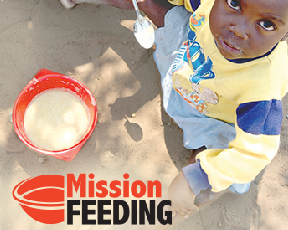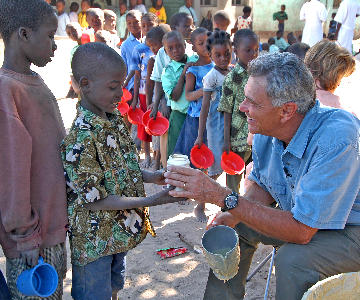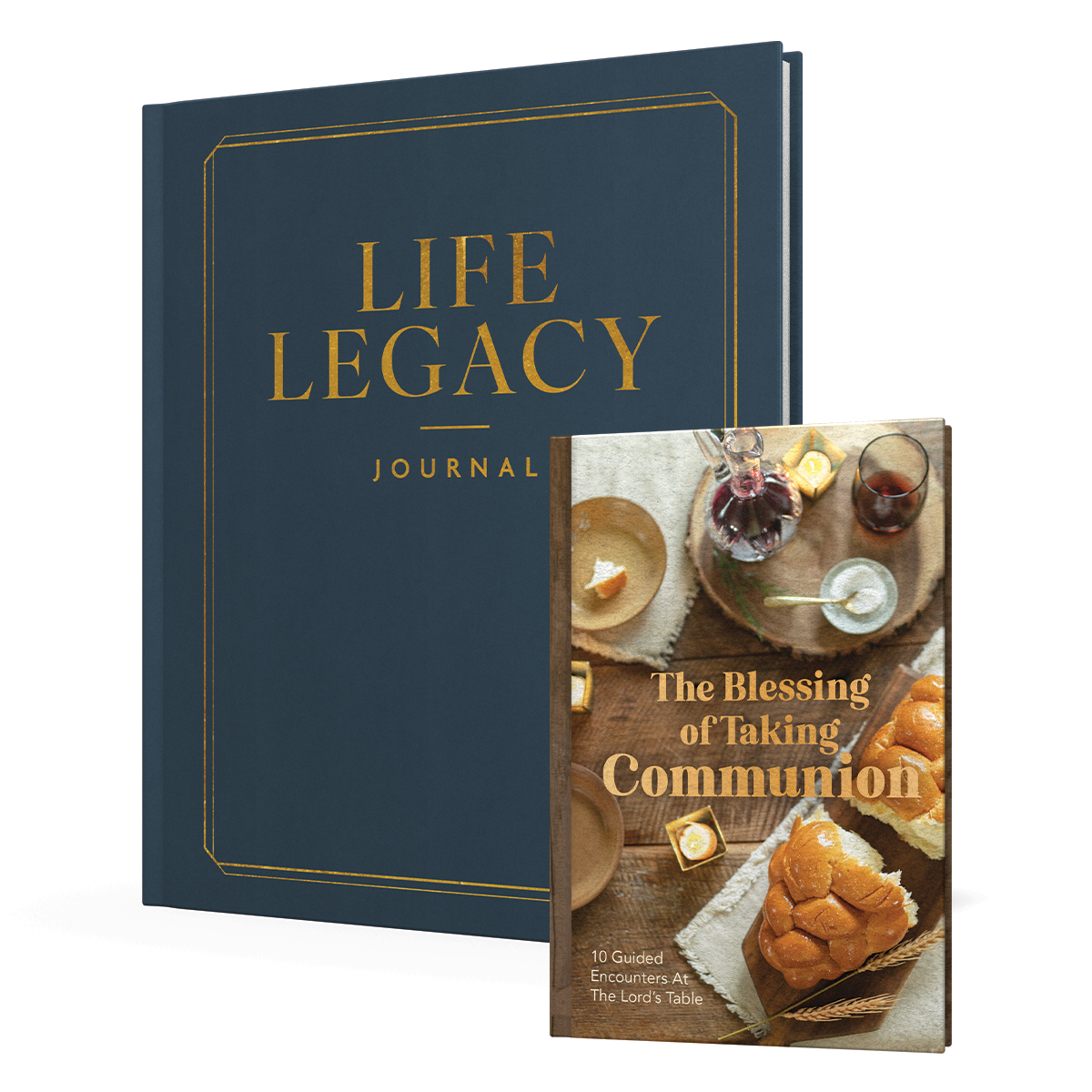In the book Love in the Time of Cholera, Nobel laureate Gabriel García Márquez portrays a marriage that disintegrates over a bar of soap. It was the wife’s job to keep the house in order, including the towels, toilet paper, and soap in the bathroom. One day she forgot to replace the soap.
Her husband exaggerated the oversight: “I’ve been bathing for almost a week without any soap.” Although she had indeed forgotten, she vigorously denied forgetting to replace the soap. Her pride was at stake, and she would not back down. For the next seven months they slept in separate rooms and ate in silence. Their marriage suffered a meltdown.
“Even when they were old and placid,” writes Márquez, “they were very careful about bringing it up, for the barely healed wounds could begin to bleed again as if they had been inflicted only yesterday.” How can a bar of soap ruin a marriage? The answer is simple: pride. Both husband and wife were hanging onto it with a vice grip. The husband wouldn’t overlook an offense; the wife wouldn’t admit a mistake. Both refused to let go of the need to win, to show the other that they were superior.
The Bible makes it plain: “Pride leads to conflict.” It’s that simple. A prideful spirit keeps us from cooperating, flexing, respecting, compromising, and resolving. Instead, it fuels defensiveness and discord. It stands in the way of saying “I’m sorry.” It lives by the motto, “The only unfair fight is the one you lose.” Self-centered pride is at the heart of every bad fight.
Research shows that when pride sets in, a partner will continue an argument 34 percent of the time even if he knows he’s wrong or can’t remember what the fight was about. A full 74 percent will fight on even if they feel “it’s a losing battle.”
Let’s be clear: healthy pride (the pleasant emotion of being pleased by our work) is quite different from unhealthy pridefulness in which our egos are bloated. The latter is laced with arrogance and conceit. That’s what we’re talking about here.
We don’t have to be egomaniacs to suffer from unhealthy pride. It has a way of secretly seeping into the crevices of our conflicts even when we are consciously inclined to avoid it. That’s what makes it so toxic and devious. “Through pride we are ever deceiving ourselves,” said Carl Jung. “But deep down below the surface of the average conscience a still, small voice says to us, something is out of tune.”
You know the feeling of being out of tune. We all do. It’s born of the tension between being the kind of person we want to be and our fear of being snookered. We don’t want to be prideful, but we also don’t want to be duped. The tension between those two concerns is what causes pride to kick in. That’s when we realize, deep down, that we’ve taken the low road. More often than not, this sinking feeling becomes more difficult to admit to ourselves, let alone our spouse, so we accede to our pride and perpetuate the conflict.
The antidote to unhealthy pride is, of course, humility. The word from which we get humility literally means “from the earth.” In other words, humility steps off its high horse to stand on the earth — to become common and lowly. Humility is not for cowards. It’s risky. Humility makes us vulnerable to being played or to be made to look the fool. But it also makes possible everything else we truly want to be. Seventeenth-century British author William Gurnall said, “Humility is the necessary veil to all other graces.” Without humility, it’s nearly impossible to engender kindness and warmth with our spouse. Without humility, it’s impossible to fight the good fight, the kind that brings you closer together.
Learn more from Les and Leslie Parrott this Monday and Tuesday on LIFE Today. This is an excerpt from The Good Fight: How Conflict Can Bring You Closer by Drs. Les and Leslie Parrott. Copyright ©2013 by Drs. Les and Leslie Parrott. Published by Worthy Publishing, a division of Worthy Media, Inc. Used by permission.










